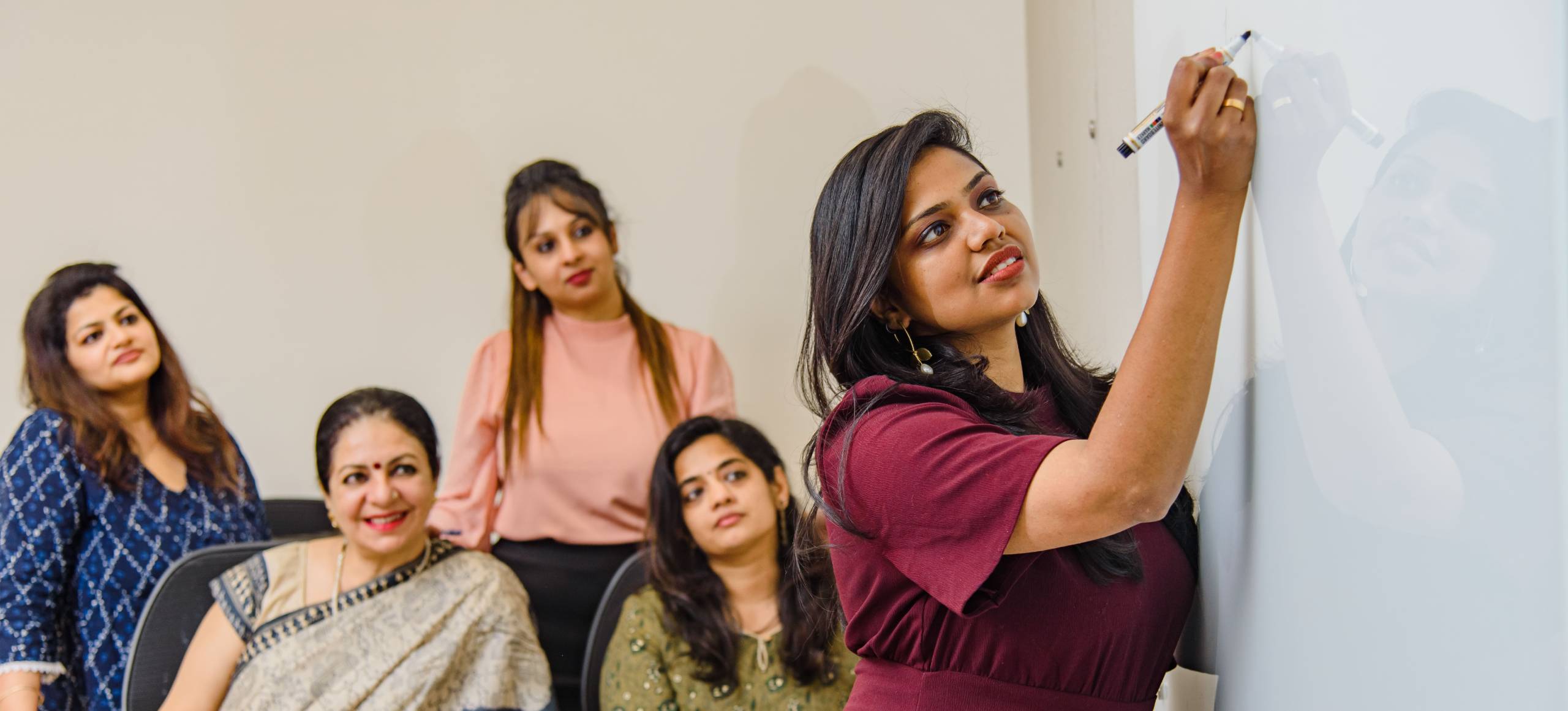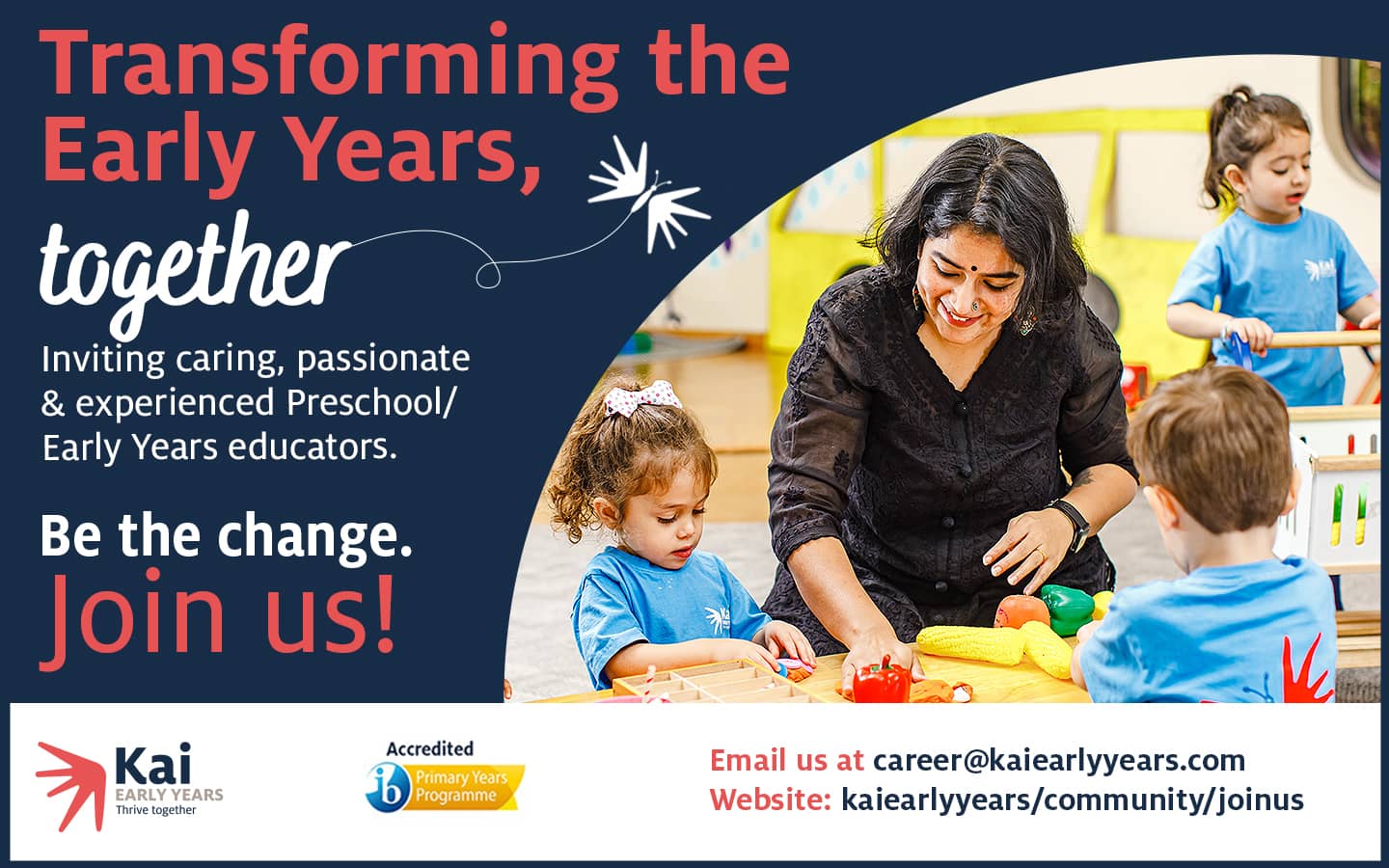Professional Development Matters
Ongoing, high-quality professional development is the cornerstone of effective teaching—especially in the early years, when children’s foundational skills, attitudes, and identities are taking shape. Research consistently shows that early childhood educators who engage in sustained, evidence-based professional learning become more reflective, adaptive, and responsive to young children’s unique needs (OECD, 2020; Zaslow et al., 2010).
The world children are growing up in is changing rapidly. Societal shifts, evolving family structures, and new understandings of how children learn all demand that educators move beyond traditional methods. The early years sector, in particular, requires a revamp—not just in what is taught, but in how educators approach their roles. This means embracing new mindsets, deepening knowledge, and continually refining skills and strategies to nurture curiosity, resilience, and a love of learning from the very start (UNESCO, 2015).
Research highlights that the most effective professional development is:
- Ongoing and Embedded: One-off workshops are not enough. Continuous, practice-based learning helps educators translate theory into action and adapt to children’s changing needs (Darling-Hammond et al., 2017).
- Collaborative and Reflective: Professional learning communities and peer dialogue foster a culture of shared growth and innovation, empowering educators to challenge assumptions and learn from one another (OECD, 2020).
- Connected to Practice: Opportunities to apply new knowledge in real classrooms—supported by coaching and feedback—are essential for developing both competence and confidence (Zaslow et al., 2010).
At Kai CIRCLE, we recognize that early childhood educators are at the heart of transformative change. Our approach to professional development is grounded in global research and tailored to the realities of the Indian context. We offer sustained, collaborative, and practice-based learning experiences that help educators and leaders grow not only in knowledge and skill, but in mindset and purpose as well.
By empowering those who guide, teach, and care for children, we ensure that every child’s earliest experiences are joyful, meaningful, and future-ready no matter how the world changes.
References:
- Darling-Hammond, L., Hyler, M. E., & Gardner, M. (2017). Effective Teacher Professional Development. Learning Policy Institute.
- OECD (2020). Teachers’ Professional Learning and Development: Asia Society Global Cities Education Network Report.
- UNESCO (2015). Rethinking Education: Towards a Global Common Good?
- Zaslow, M., Tout, K., Halle, T., Whittaker, J. V., & Lavelle, B. (2010). Toward the Identification of Features of Effective Professional Development for Early Childhood Educators. US Department of Education.

